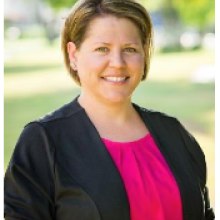About this video
Remarkable improvements in outcomes for many haematological malignancies have been driven primarily by a proliferation of novel therapeutics over the past two decades. Targeted agents, immune and cellular therapies, and combination regimens have adverse event profiles distinct from conventional finite cytotoxic chemotherapies. In 2018, a Commission comprising patient advocates, clinicians, clinical investigators, regulators, biostatisticians, and pharmacists representing a broad range of academic and clinical cancer expertise examined issues of adverse event evaluation in the context of both newer and existing therapies for haematological cancers. The Commission proposed immediate actions and long-term solutions in the current processes in adverse event assessment, patient-reported outcomes in haematological malignancies, toxicities in cellular therapies, long-term toxicity and survivorship in haematological malignancies, issues in regulatory approval from an international perspective, and toxicity reporting in haematological malignancies and the real-world setting. In this webinar, the Commission lead authors summarize key priorities in improving AE assessment in these areas including progress and future directions.















